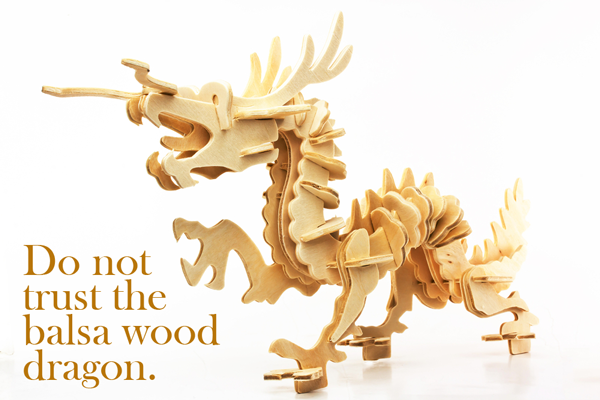
Balsa wood is a pretty genius crafting supply. You can cut it with an x-acto knife. You can color it with markers. It’s easily wood burned. It’s light but strong. Kids can easily work with it.
But is it eco-friendly?
Quick answer: sometimes yes, mostly no.
Long answer: keep reading.
Balsa wood is quick-growing, and easy to grow without fertilizers or other added resources, so, like bamboo, it can be grown sustainably. It’s a weed tree where it’s native, self-sowing in sometimes inconvenient spots, and it’s not long-lived, either, so it even wants harvesting. Therefore, it can be plantation-grown and harvested and grown again without negative environmental impact.
It can be, but…
It’s a tropical rainforest tree, so you know where this is going, sigh.
Balsa is a “nurse tree” in the rainforest; wherever there’s a sudden gap in the canopy (fire, logging, tree death, etc.), balsa grows up quickly and provides the crucial shade that allows the longer-lived rainforest vegetation to then grow up. Wild-harvested balsa is pulled away from this task, and it also requires much stomping to and fro in the rainforest to get to it, cut it down, and transport it to the nearest river.
Balsa can be plantation-grown, and this can be a great option, but, of course, you’ve also got to ask yourself about the provenance of the plantation. Did it used to be rainforest? If the owners remain successful at plantation farming, are they going to slash and burn more rainforest to expand their plantation? Are they paying their laborers a fair wage? And so on and so on…
As with anything, then it’s crucial to know the provenance of the balsa wood that you’re thinking of purchasing, and if you can’t find that provenance, such as with most balsa wood sold at the big-box hardware or craft stores, then you probably want to avoid it.
If you can find that provenance, however, and it’s a good one–a company that does not clear rainforest to establish or expand its plantations, a company that pays a fair wage to its laborers, a company that uses eco-friendly harvesting and processing and shipping practices–then yes, balsa wood is an eco-friendly craft supply. Build away!
[balsa wood model dragon image via Shutterstock]

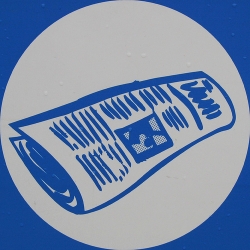

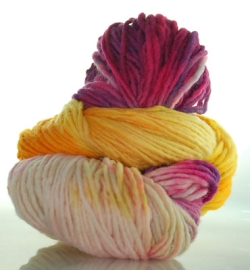
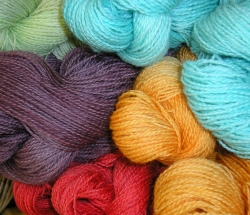


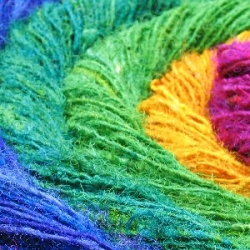
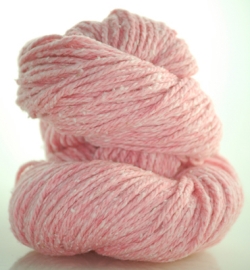
Thank you for writing this.. as I have been looking for some answer whether balsa wood is eco-friendly or not, in terms how to harvest and plant it again without destroying the forest 🙂